
In honour of International Women’s Day on March 8, PBI speaks with prominent figures in the banking world about the reforms that are being implemented for women in the financial services sector.
IWD 2024 also acts as a focal point for the female empowerment movement, indicating that more work must be done to support and help women.

Access deeper industry intelligence
Experience unmatched clarity with a single platform that combines unique data, AI, and human expertise.
Jennifer Ollerenshaw, head of wealth planning UK, Lombard Odier:
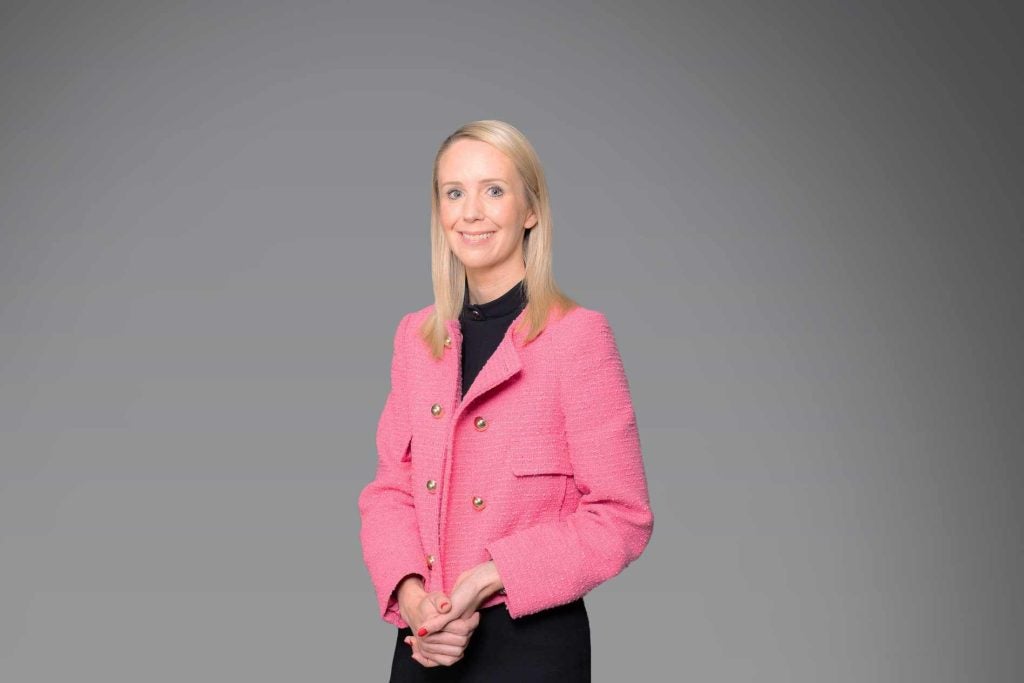
It’s incredibly important to have female representation in the wealth management industry; diversity brings different perspectives and views to the table, and enables more rounded conversations to be had. Women and men often have a tendency to think differently; neither is right or wrong, but it’s the ability to consider these different points of view together that can lead to the best outcomes for clients and for businesses.
Female representation has increased across the industry, particularly in the last decade, but it’s still the case that most senior leadership roles are dominated by men. This isn’t down to one particular factor, but is likely a combination of various factors: barrier to entry into the industry or for promotion (either actual barriers or perceived), fewer female mentors and role models, balancing family life and work, and also confidence.
However, the industry is actively engaging and taking steps to improve the situation. At Lombard Odier, for example, we launched our Women’s Leadership Programme in 2017, which offers groups of female employees the opportunity to attend a unique programme designed to help them become great leaders, to grow self-acceptance, self-management and self-development. We also undertake an equal pay analysis each year, which examines the root causes of any unexplained gaps and addresses them where appropriate, and our Human Resources department also ensures that the number of employees receiving promotions each year is as representative as possible in terms of gender diversity.
Olivia Newman, private client’s manager, Brooks Macdonald:

- What inspires you in your day-to-day work?
My role at Brooks Macdonald involves spending a lot of time with clients, and as people-oriented person I’m inspired by them every day. It’s incredibly satisfying to know that I’ve helped them accomplish a life goal.

US Tariffs are shifting - will you react or anticipate?
Don’t let policy changes catch you off guard. Stay proactive with real-time data and expert analysis.
By GlobalData- How is Brooks Macdonald marking IWD?
Our industry recognises that education is essential for breaking down the many barriers that impede women from achieving their financial aims and responsibilities. Lots of firms and industry bodies are running events to mark the day, ranging from networking to talks and many are free to attend! I encourage younger women who are thinking about a working in the sector to try and get along to one.
Gail McCourt, head of private client fiduciary services, RBC Wealth Management:
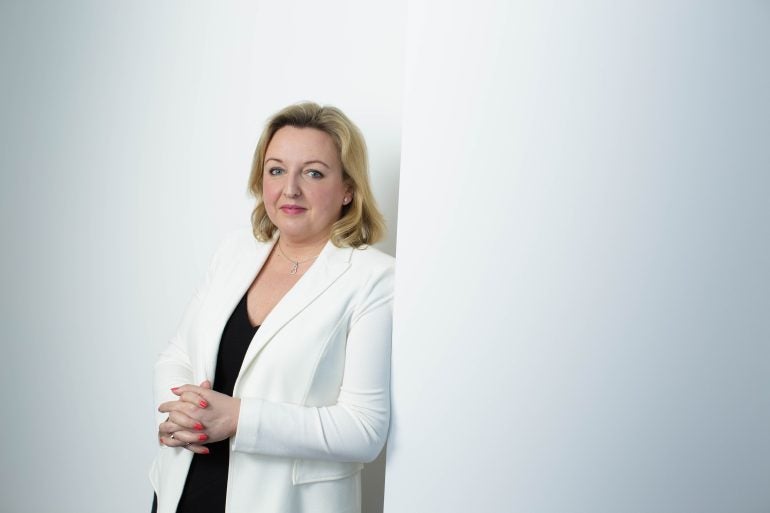
- What does International Women’s Day mean to you?
I love to see talented people achieving their potential, regardless of gender or background. Women face many invisible barriers at different stages of their careers, whether as they are starting their career, returning after a break or during menopause. We also know that in many instances women tend not to step forward as readily as men, particularly for stretch assignments. Some also struggle to get noticed during the mid-point of their careers and can feel as though they are losing hard-earned momentum. Recognising and solving for these barriers benefits everyone. That’s why the International Women’s Day call to action for accelerating women’s equality is so important.
- How has the sector changed in terms of inclusion?
RBC has been a very strong proponent for supporting women for many years and this remains a top priority. We are a signatory of the Women in Finance charter in the UK and RBC was one of the first companies to voluntarily publish a gender pay report in the Channel Islands. We have flexible working initiatives and enhance parental leave policies for both women and men. We also have excellent employee resource groups, training, networking forums and mentoring opportunities.
There’s been a lot of progress but much more must be done. To ensure that we continue to strengthen inclusion, companies across the industry must have robust recruitment and development programmes, flexible working initiatives and policies that support the return to work.
Annabel Spring, CEO, global private banking, HSBC UK:
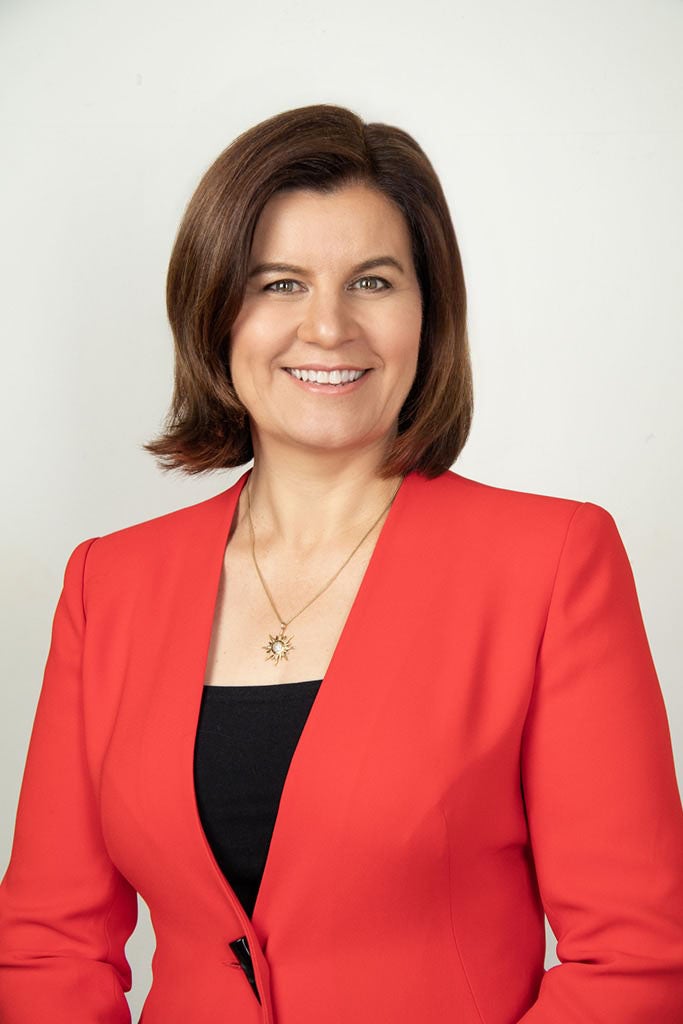
- How is HSBC GPB&W marking IWD?
At HSBC International Women’s Day is a time for us to amplify our commitment to gender diversity, and inclusion. We take this opportunity to engage with our clients and community through meaningful conversations and events and provide platforms for our employees to share their experiences as well. We also use this occasion to showcase the contributions from women within our organisation and to emphasise our ongoing efforts to create an inclusive workplace where diversity is celebrated.
- How can banks use their social responsibility programme to work with women around the world?
Banks can leverage their social responsibility programme to empower women globally by focusing on education, entrepreneurship, and financial inclusion. A survey we commissioned in 2022 found that women live longer but have less savings, and that women are significantly less prepared for retirement than their male counterparts. The findings also presented that women hold half of the world’s wealth but have a smaller portion of investments and pensions holdings. This simply must change!
By supporting initiatives that provide access to education and skills training, this can pave the way for greater wealth equity for women on a global level. Our support for female-owned businesses has continued through our previous work on the $1bn Female Entrepreneur Fund, alongside hosting bespoke Pitch Day events for female entrepreneurs seeking investment. This programme helps break down barriers women face when scaling their businesses. We strive to provide resources through digital platforms, and networking opportunities to help any woman build the skills needed to jumpstart a business.
Annabelle Bryde, head of UK private bank & crown dependencies, Barclays Private Bank:
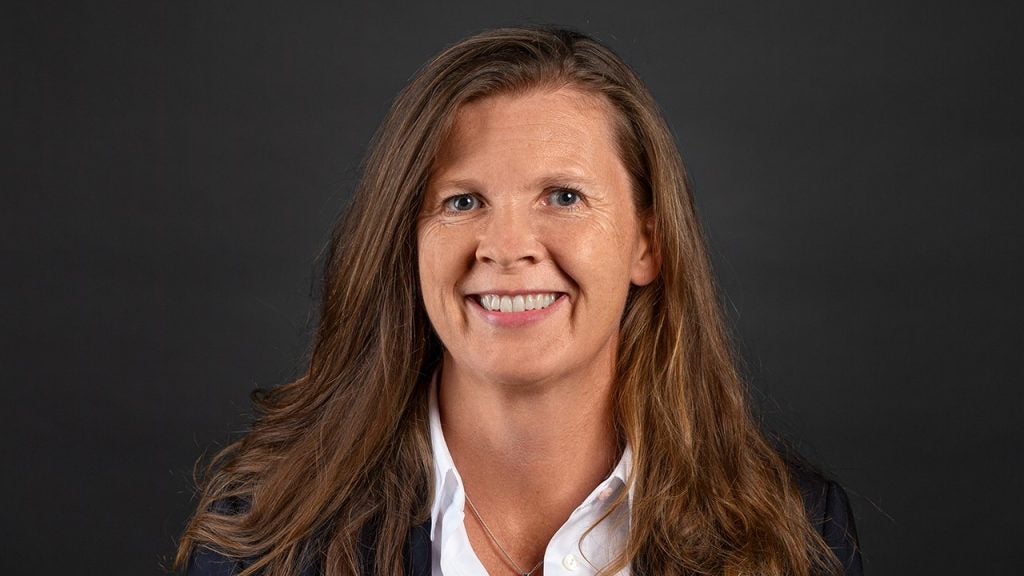
- How is Barclays private bank marking IWD?
Within Barclays Private Bank and Wealth Management business we will be hosting a number of internal colleague events globally focusing on the theme of ‘Inspiring Inclusion’. These events will be an opportunity for colleagues to openly discuss and hear from colleagues on how they are driving this.
- What advice would you give to young females looking to build a career in financial services and technology?
Throughout my career, I have always recognised the importance of working within an organisation that puts collaboration and peer support at the top of the agenda. At different stages of my career, I have found having both male and female mentors, a valuable and positive experience. Equally having sponsors who will champion and support you, at a pivotal moment, even without you realising.
My one piece of advice is to not hold back on career opportunities that present themselves, whether that be a relocation, promotion, or wider opportunity. Be bold and have the self-confidence to challenge and push yourself.
Whatever your career, the most effective way to progress is to create your own opportunities and to learn from those with hands-on experience of the role you would ultimately like to hold. By doing so, you can observe the key skills and attributes you will need to cultivate in order to succeed in your goals.
Eva Paredes, SVP, head of small and medium businesses, UK, and Ireland, Elavon:
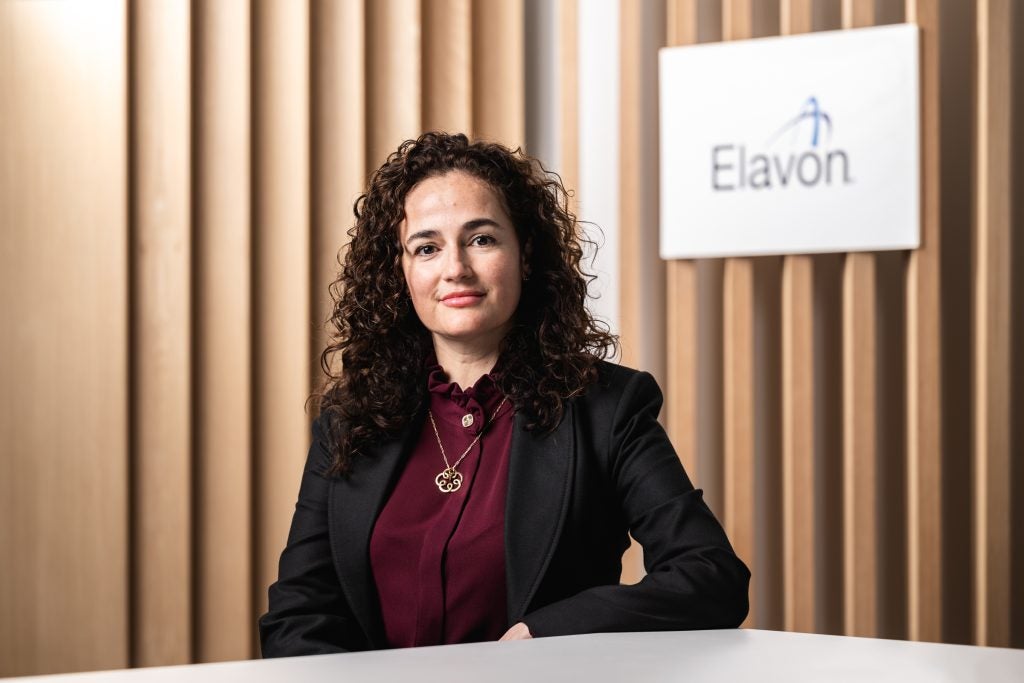
“Diversity plays a huge role in the fintech sector’s development and while it has come a long way, more must still be done to champion the pioneering women in the industry and encourage further inclusion. The industry offers women uncapped opportunities to lead a rapidly growing sector and those within the industry should welcome the diverse perspectives and approaches to problem solving needed to support the creation of innovative solutions.”
“By embracing change, welcoming curiosity, and striving to learn, women can support vital areas such as small businesses, as well as promote positive social impact by democratising access to financial services. Having such influence is hugely rewarding and is what motivates me to continue contributing to the industry’s growth. Females should take inspiration from those leading one of the fastest-growing sectors, find passion in deploying creative strategies to improve customer experiences and see the excitement in learning new skills to allow sectors such as payments to grow.”
Building an inclusive work environment, drawing in diverse talent, and developing the next generation of leaders all depend on proactive efforts to make the sector more equitable.
Furthermore, diversity encourages constructive change and creativity in the industry. Better female representation attracts more varied talent, promotes innovation, and pushes growth.
The most diverse group of all, the end-user, is ultimately benefited by diversity, which is something that leaders in the financial services industry need to remember. As a matter of fact, diversity fosters a wide range of perspectives, all of which are necessary to stay aware of emerging trends and boost competitiveness.
Anna Porra, head of market development and planning, Soldo:

Inclusivity fosters innovation and creativity which has been at the centre of the positive disruption we’ve seen in financial services over the past decade. Prioritising diversity not only advances individual careers but also bolsters overall economic growth by tapping into the full spectrum of talent. With the economic landscape looking gloomy, fintechs are doing all they can to stand out from the crowd. The ones that will, are investing both time and money in women – creating diverse workplaces that truly meet customer needs.
Sarah Spoja, CFO, Tipalti:

Women made up just 16% of CFOs last year. While this figure has almost doubled over the past ten years, the percentages of women at the top remain too low. To combat the death of opportunities for female finance talent and inspire the next generation of leaders, we must create a more dynamic environment that embraces modernisation through technology to make the career more attractive to young talent and continue to mentor our emerging talent through programmes that showcase opportunities for their careers to grow across finance and accounting.
Emma Wall, head of investment analysis and research, Hargreaves Lansdown:
Why does it matter? Are women better investors than men? This isn’t about who is the better investor. Rather, that different types of investors – a mix of people making investment decisions, with different views, challenges and thought processes – are more likely to produce more resilient investment ideas. Ethnicity, background, education, religion, and gender – diversity of thought can come from many different places. Much like a well-diversified portfolio requires investments in different geographies, asset classes and types of company to give it the best chance to thrive.
Audrey Ryan, manager, Aegon Ethical Equity:

Prepare, plan, and have patience! Be clear on your investment objectives and tolerance to risk. Diversification is important – don’t have all your eggs in the one basket!
Remi Olu-Pitan, co-manager, Schroder Managed Balanced:
Take control of your financial future by investing with consistency and breadth, blending stable assets with daring high-potential securities, akin to mixing timeless wardrobe essentials with bold statement pieces in fashion.
Charlotte Yonge, co-manager, Troy Trojan:

For any investment you make, do the homework, and purchase only if you think you are a) being offered a margin of safety, and b) you could hold the investment for at least five years. Then brace yourself for the inevitable turbulence that will occur along the way. More often than not, short-term moves in share prices will be a result of changes in a narrative, rather than changes in the facts. Try to distinguish between the two. When the facts change, you must change your mind, but when everyone else is getting swept up by a story, which often will derive from a kernel of truth, try to recognise that, and go against the grain.
Conquering challenges to thrive in tech
Sharon Ehigiene, card scheme manager & product manager, Silverflow:

As a woman who has and still is navigating the complexities of the tech industry, my advice to my younger self and young women everywhere who are aspiring to enter this exciting industry would be to believe in your abilities and value. This is something that I have certainly struggled with at various points throughout my career, being impacted by instances of imposter syndrome and forgetting my skills and value.
For example, my background is in business but today I’m working in tech, and in particular payments technology. Of course, there is crossover and I’ve learnt a lot through study and the innovative companies I’ve worked for, but I’m conscious that I’m now establishing myself in a field that I hadn’t originally been aiming for. It is through this experience that I would advise all young people to embrace learning at every opportunity. It’s important to seek knowledge not just in your specific area of interest but also in related fields. This holistic understanding will make you a versatile and valuable team member.
The world of tech is changing and innovating at a rapid pace and scale. Therefore, being on top of the latest trends, while challenging, offers immense opportunities for innovation, creativity, and making a real impact. Ambitious and aspiring young minds have a fantastic chance to bring their skills to the table, channel through their work and help businesses to stay at the forefront and ahead of competitors.”
April Grudier, vice president, marketing and partner strategy, BlueSnap:
- What barriers do you think women have faced when entering the industry? How are these overcome?
Culture and unconscious bias are still big barriers for women in tech.
Companies need to take a hard look at the culture and policies they have in place to make sure that they are not hurting the women within their organisation. Organisations also need to recognise that women bring unique perspectives and experiences which can help drive the development of better tech solutions for their target market.
Alisa DiCaprio, chief economist, R3:

- Improvements in gender diversity within the tech ecosystem?
“There’s certainly a greater recognition today that diversity is an important part of every team. This is a positive development that we should be proud of – however, it is also not enough to merely aspire to something, and the data shows us exactly that.
“Take venture funding for example, which most fintechs use. The proportion that goes to women-led firms was still only in the single digits in 2023! That number isn’t specific to fintech, but it is indicative of the distance we still must go.”
Inspire inclusion in STEM sectors
Lynda Strutton, chief operating officer, Tribe Payments:
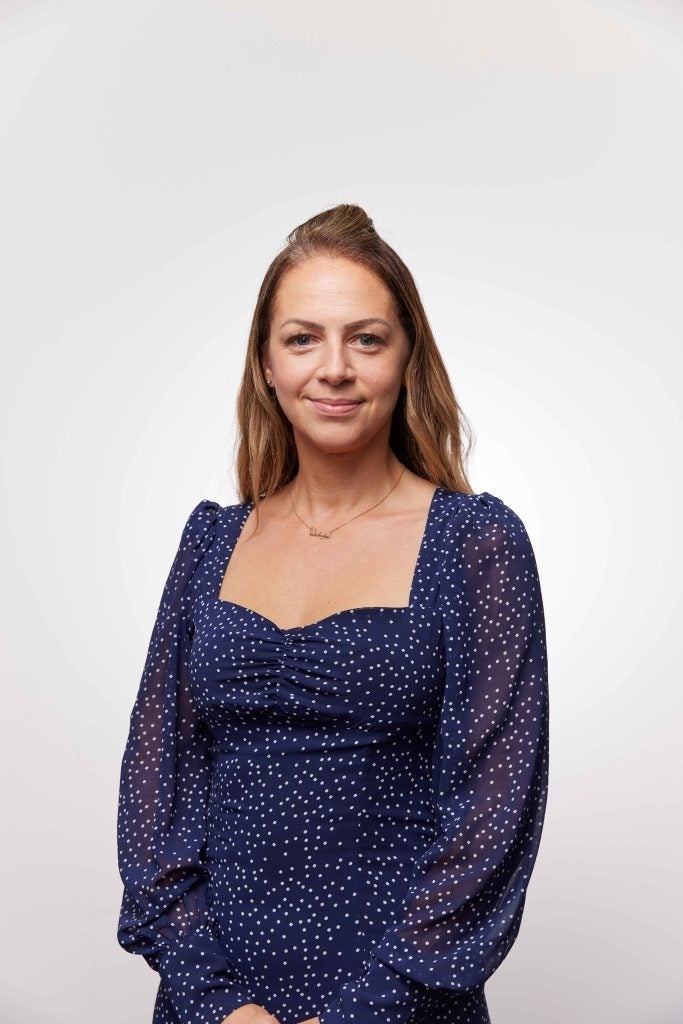
There’s a cynical question that flies about around International Women’s Day: ‘Why do women get a special day?’. I hear it fairly regularly, which is a bit disappointing. But it’s an important day. It’s not about women thinking that they’re better than men or trying to take over the world. It’s about realising that, even after 113 years of celebrating it, things are still not quite balanced.
To create big change, let’s think small. That might sound odd, but I like the idea that if everyone did something positive each week just to get one percent better – whether it’s for their own personal growth, career development, or lifting up others – it can make a huge impact over time.
This is advice for both women and men. Be conscious of why International Women’s Day exists and think about how you can help do those one percent things to move things forward every day. For example, recognise that if there is just one or two women sitting at the table in a room of men, they may not feel 100% comfortable. How do you help with that?
There is a shift happening. We may never get an exact balance, but we can level the playing field. And remember, achieving balance isn’t just counting how many women are in an organisation – there might never be as many women as men at the table – and it’s not about selecting women over men either. It’s making sure you offer as many opportunities to women as the men, and then it’s down to the women to seize those.
Teresa Cameron, finance director, Clear Junction:
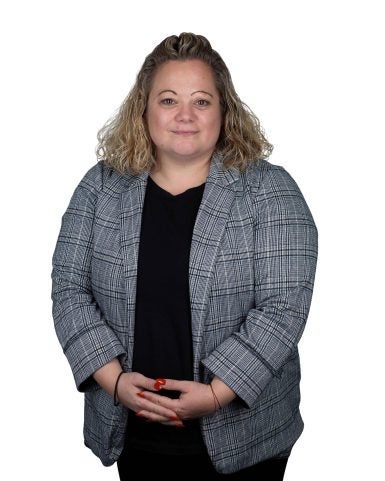
Fintech is often hailed as a bold industry that’s not afraid to do things differently. But claims of diversity, equality and inclusion don’t stand up to scrutiny. Even today, overall female representation remains low, from the ground up to the C-suite – women account for only 17% of people working in STEM roles across Europe. If fintechs want to become a force for good and improve financial inclusion then they have to start representing the societies they serve, especially when data shows that companies with more gender and ethnic diversity are more likely to innovate with products that cater to a more diverse audience and yield higher revenues.
I’m fortunate to work in a hugely diverse team at Clear Junction, comprising more than 120 people of several nationalities, languages and cultures in multiple locations, with half of the C-suite being female. This diversity of backgrounds and experiences brings different viewpoints to the table, fuelling our ability to solve problems with fresh thinking. Everybody feels able to contribute their viewpoint and is made to feel valued for their part in Clear Junction’s growth. The diverse, open and collaborative culture is undoubtedly a major part of why the company has become so successful.
Melissa Beckett, chief marketing officer, Kani Payments:
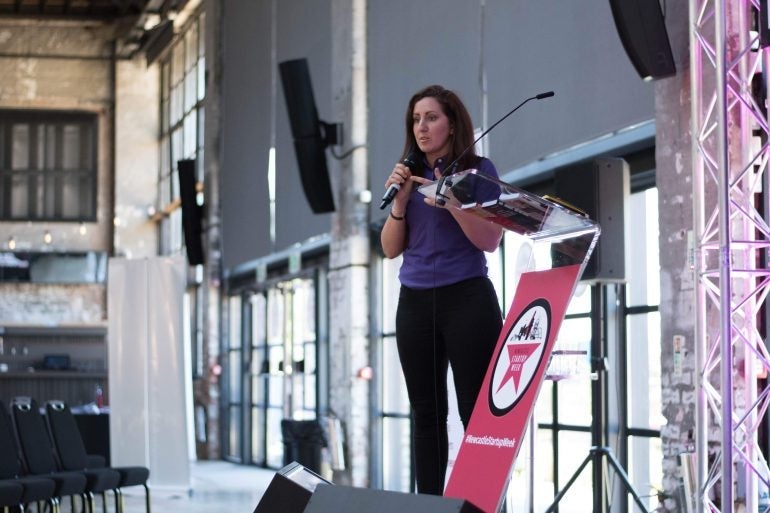
As a woman in the fintech industry, I firmly believe developing a growth mindset is crucial for women navigating the complexities of both life and career. My advice to my younger self and to those just starting out, particularly in fintech or payments, is not to underestimate the power of networking and building relationships within the industry early on. It can open so many doors to mentorship, knowledge-sharing, and opportunities for growth and development. I would also advise taking time to really understand the various aspects of the industry, and find the areas you’re passionate about.
Most of all, embrace the journey of learning and growth. It’s okay to make mistakes and to fail, as long as we learn from them and move forward. This is especially important in the ever-evolving fintech industry, where being curious, adaptable, and open to new opportunities is key to success.
Fintech and payments have traditionally been, and remain, male-dominated. But it’s an industry with the power to make a positive impact on people’s lives, particularly when it comes to financial inclusion. It’s time that inclusive ethos was reflected more in the fintech workforce, so I encourage everyone in fintech to continue learning, growing, and building meaningful relationships within the industry. Together, we can create a brighter and more inclusive future for all.
Ryta Zasiekina, founder, CONCRYT:

One of the biggest challenges that women face in business is to be able to be perceived as a competitor by men. This applies in any type of business: whether it is an industry predominantly run by men, an industry where there are statistically more women owners and managers, or an industry where men statistically take up more managerial, partner or client roles.
But what exactly does it take to be perceived as a competitor by men in your industry? First of all, you should never be motivated by being liked, you should never give in to everyone, and you should never rely on using your ‘feminine charms’ to get what you want. In business, I believe that it is important to stop viewing people by their gender characteristics – instead, we should all value people by their professional acumen alone. By taking this approach, you will be able to focus on learning from other professionals in your field, collecting information about your industry, and building a name for yourself in the market by building real results.
Unfortunately, women in our society still face conscious and subconscious bias on a daily basis in the workplace, in conversations and in all kinds of daily interactions. When faced with this situation, my advice would always be to be the bigger person and continue the dialogue without an emotional response. For example, if a male representative were to highlight that you are different because you are a woman, or even imply it through gestures, you should bring the focus back to yourself as an individual and showcase why you are a leader and a professional who solves issues and makes decisions regardless of your gender.
As for ambition, you don’t have to be afraid of it. It is okay to want to achieve great results in business and money, recognising that there will be great responsibility behind it. Instead of being afraid of your ambitions, you should go towards them in a planned way – act professional, plan your strategy carefully, get feedback on the results, adjust the plan if necessary (because you need to be aware of the market and recent news for any potential influences) and implement the new plan in a better way. In fact, I believe that women often manifest as better leaders than men, due to their ability to sense people and intuitively understand employees, partners and customers.
Ultimately, if a woman can learn to rely on herself and take full responsibility for her personal life rather than expecting support from someone else, then there is a very good chance that she will succeed. Your support should be yourself, so that you are able to continually grow your confidence and stature as a leader in business. It is inevitable that there will be moments throughout your career when this is shaken or tried, but with a strong belief in yourself and your abilities, you will be able to make the correct decisions for your business.







